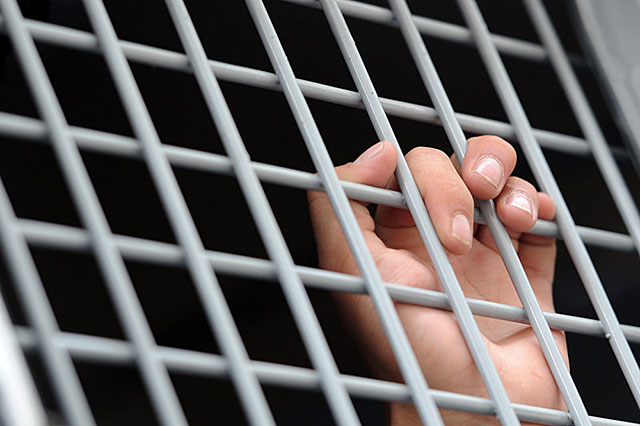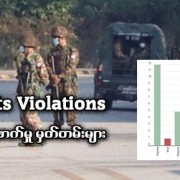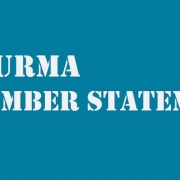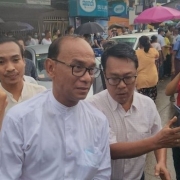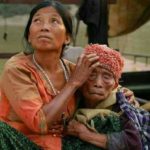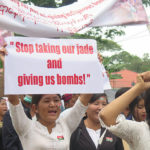Healthcare aid sought for political prisoners
“The organisations helping ex-political prisoners can’t reach the whole country. There were many incidents where ex-political prisoners died because they could not afford cost of medical treatment or they did not have enough food,” said Daw Mie Mie from the 88 Generation Peace and Open Society.
“The incumbent government should take responsibility [for the prisoners] as a special duty,” she said during a forum, “Rehabilitation of Ex-Political Prisoners,” held at Yangon Book Plaza on Friday.
Former political prisoners who fought against the military regimes that ruled Myanmar for decades have suffered a lot physical and emotional damage while in detention, U Zaw Moe of the Assistance Association for Political Prisoners (AAPP) said.
“When they came out of jail, due to financial difficulties, they had to face rehabilitation problems again,” said U Zaw Moe, who is in charge of historical records and research for AAPP.
“Although organisations like us are giving assistance to ex-political prisoners, we can’t cover the whole country. It can all be covered only if the government helps. The government should not ignore them,” he added.
According to reports released by the Former Political Prisoners Society and the AAPP, there were from 7000 to 10000 political prisoners in Myanmar from 1962 to 2016, and 80 percent of them lived in poor conditions.
“Free medical check-ups for them at public hospitals and local clinics should be provided,” Daw Mie Mie said.
Requesting free medical check-ups for ex-political prisoners at public hospitals and local clinics is not asking for a special privilege, said writer Ma Thida (Sanchaung).
“We want just to have specific public hospitals for giving treatment to ex-political prisoners. So, the government first needs to acknowledge political prisoners,” she said. “The list of them is now in the hands of the government. When it sets a policy to give free medical treatment to ex-political prisoners, all the processes can be easily done.”
After their release from prisons, the former political prisoners suffer from chronic diseases, including liver disease, which they got while in confinement, and they need healthcare services, she added.
To help former political prisoners, a healthcare centre was opened on Khatawmi 1 street near Dagon University in Dagon East township on February 3.
The centre run by the Ministry of Health and Sports provides medicine and other needs for political prisoners who need healthcare. They can also receive treatment at Hanthawadi U Win Tin Foundation Philanthropic Clinic every Saturday and Wednesday.
Current President U Win Myint, who is a former political prisoner, released 37 fellow prisoners of conscience on April 17.
The newly elected president also abrogated the rules and limitations placed on political prisoners who have been released under Ruling Law Section 401(1).
Political society welcomed and supported the actions of the president and called for the immediate release of the remaining political prisoners and people who are accused of political crimes.
The AAPP said around 13 political prisoners still remain in prison, and there are around 74 people who are facing trial while under detention. The organisation said 121 people have to fight lawsuits while under bail.

